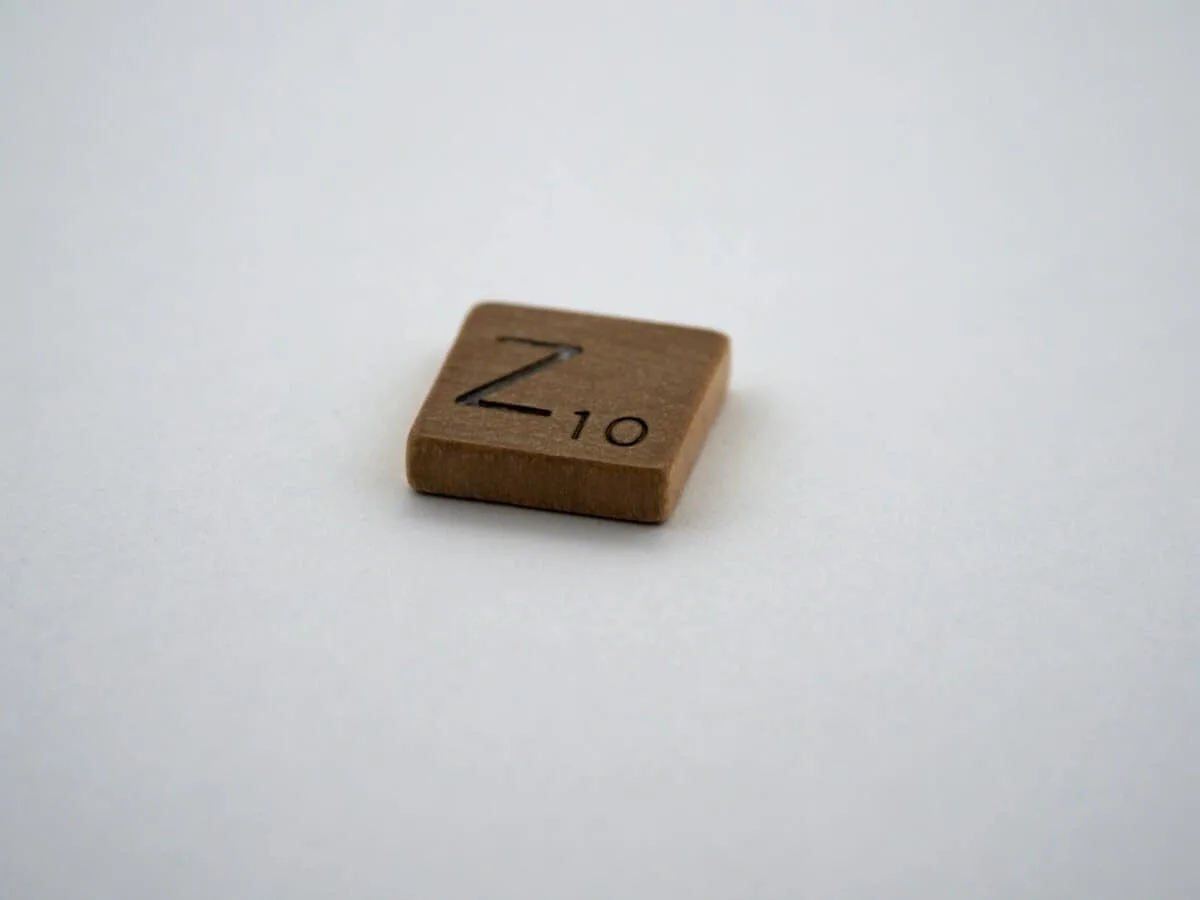The English language has many words that are easy for us to mix up, and “lay” and “lie” are two of them. The issue becomes worse when we consider the related phrasal verbs containing “ahead,” so which is correct: “lie ahead” or “lay ahead”? Both lie ahead and lay ahead are correct as “lie ahead” …
Academics
Someone has likely asked you to hold on to something — a drink for a minute or a prized possession for longer safekeeping. But when writing, figuring when there should be a space between “on” and “to” can no doubt be confusing. The difference between “onto” and “on to” is that “onto” is a preposition …
Imagine that you look up at the sky, the pink and golds of the sunset fading away while deep blues emerge from the edges of the horizon. The day ends, and a hush seems to fall over the world — is it “nighttime”, or should it be “night time”? “Nighttime” and “night-time,” the latter a …
English is a complex language. You’ll become aware of this more and more as you encounter nearly identical terms with slightly different meanings. Case in point: “walkthrough,” “walk-through,” and the ever-mysterious “walk through.” Most American dictionaries only list “walk-through,” while the British Cambridge Dictionary recognizes “walkthrough” as an alternative spelling when functioning as a noun …
Chances are you’ve come across the Oxford Comma debate — there are some passionate perspectives on all sides. But that is not the only debate regarding commas. What about the use of the comma around the word “so”? You may need a comma after “so” if it’s part of an introductory clause of a sentence, …
Math is one of those love-it-or-hate-it subjects. It is simple for some, but for others, it’s a bottomless pit of despair. Math is not only rife with symbols; it also has many processes — one of which is the backward Z. The backward Z is a mathematical process that allows you to add two fractions …






